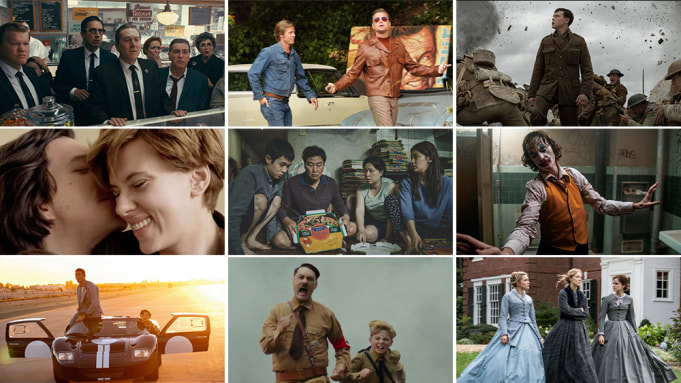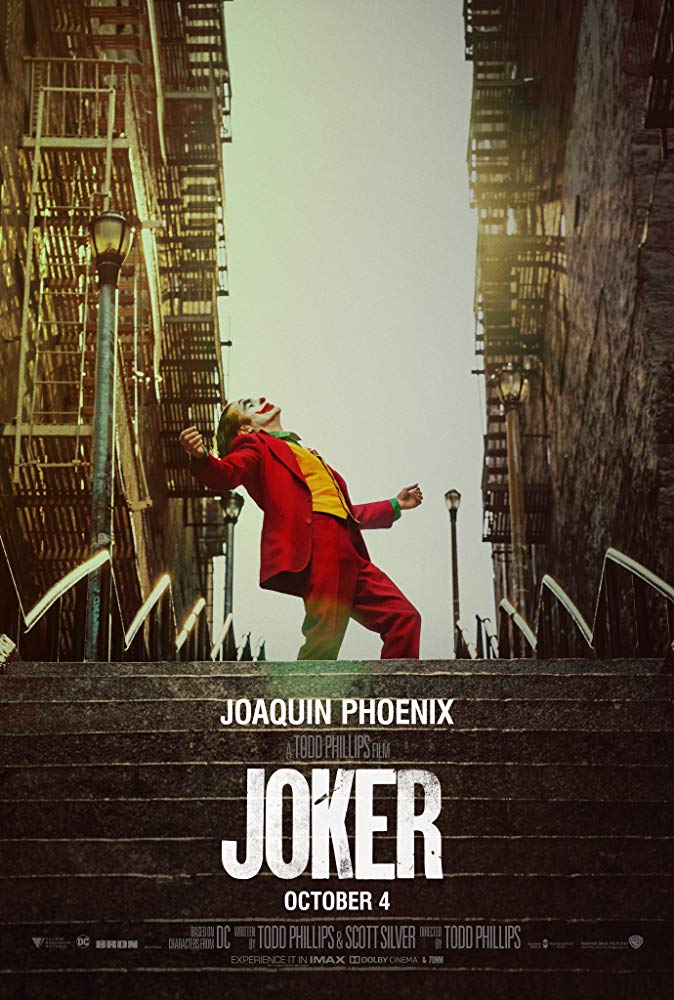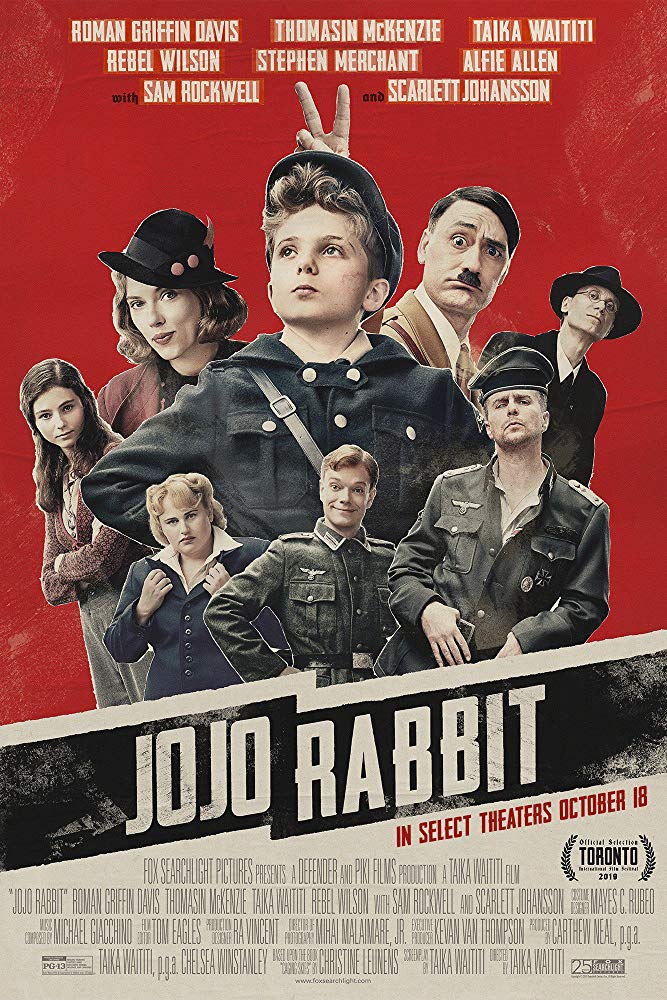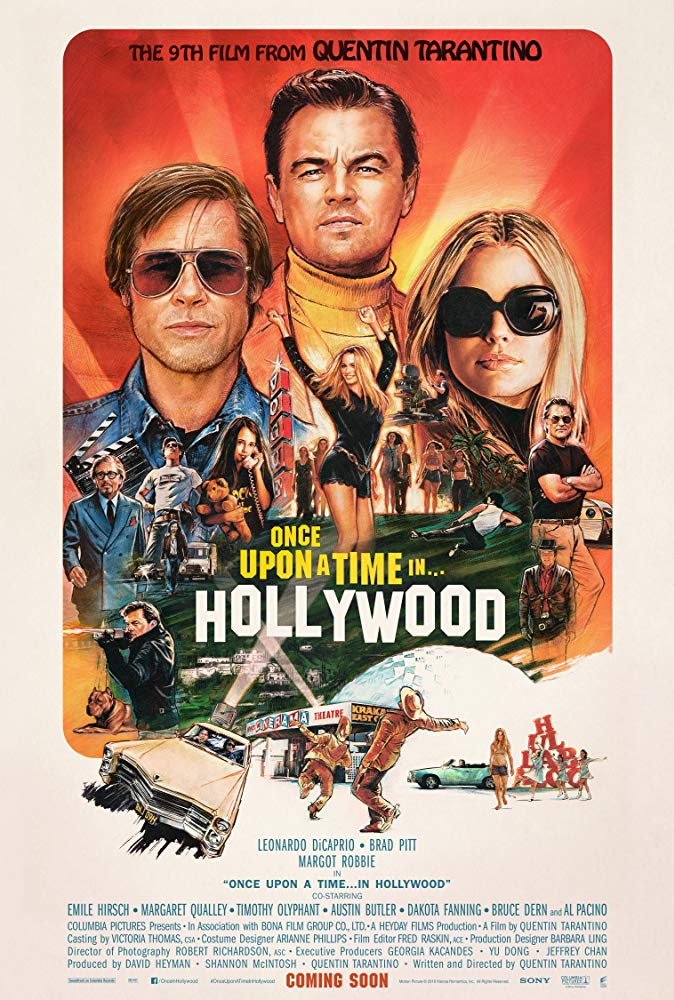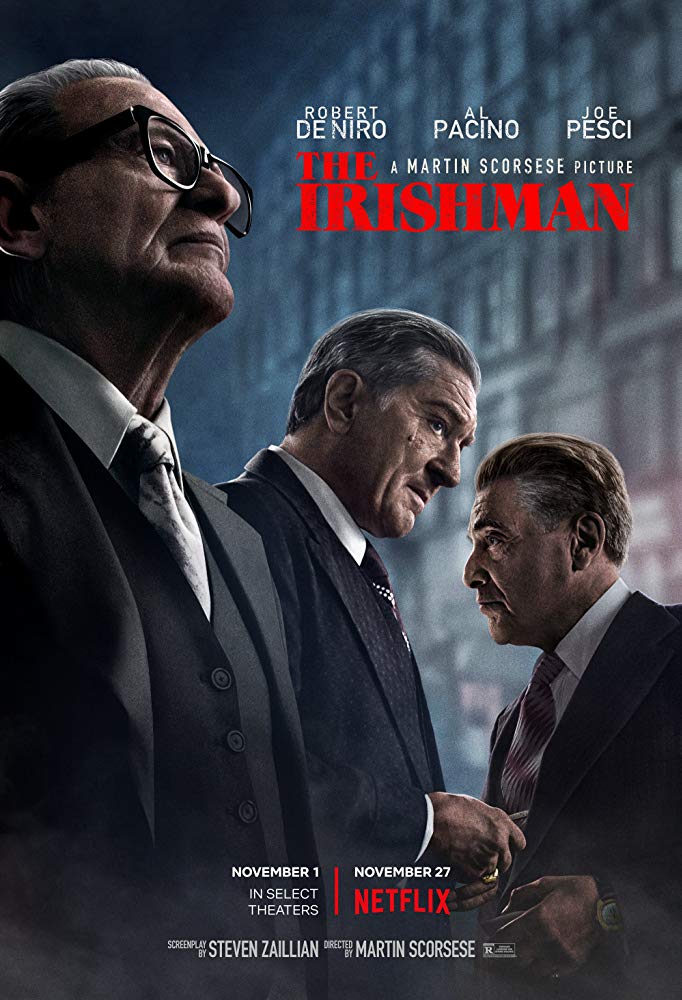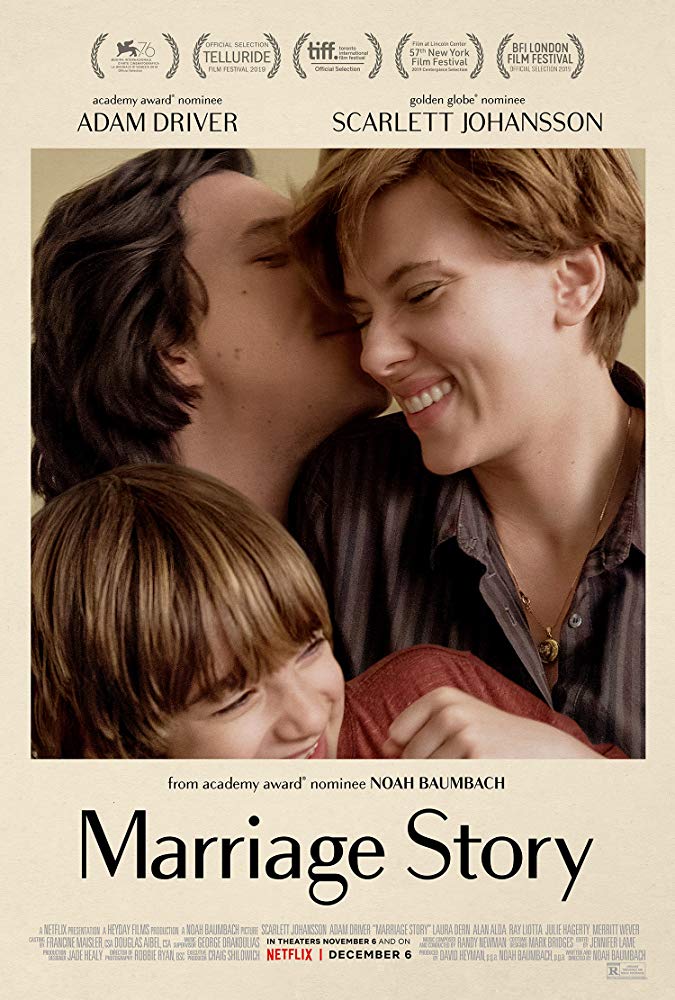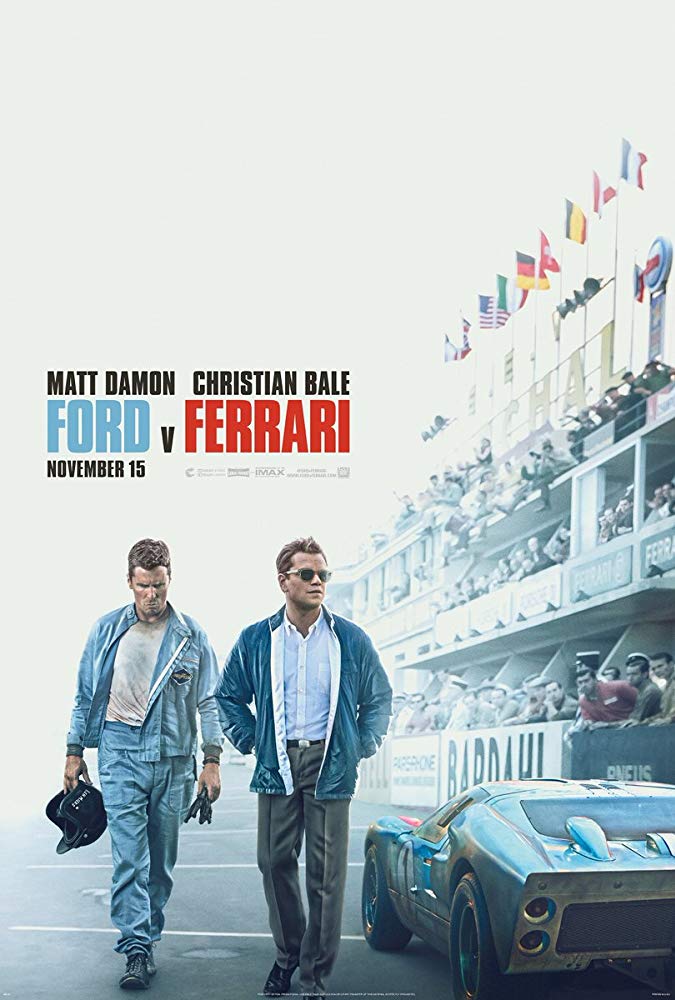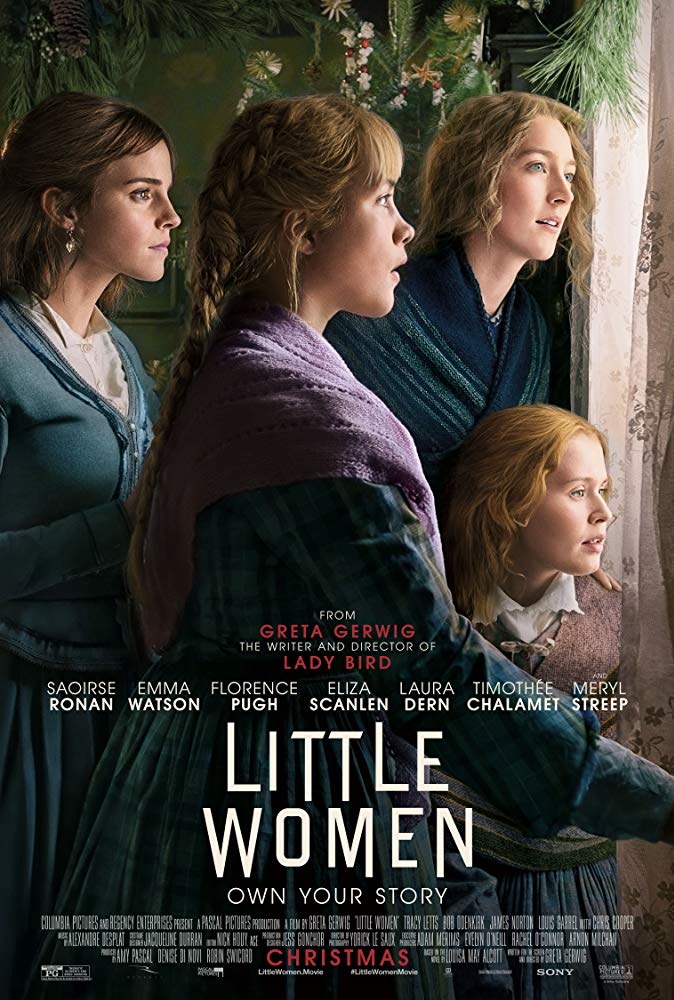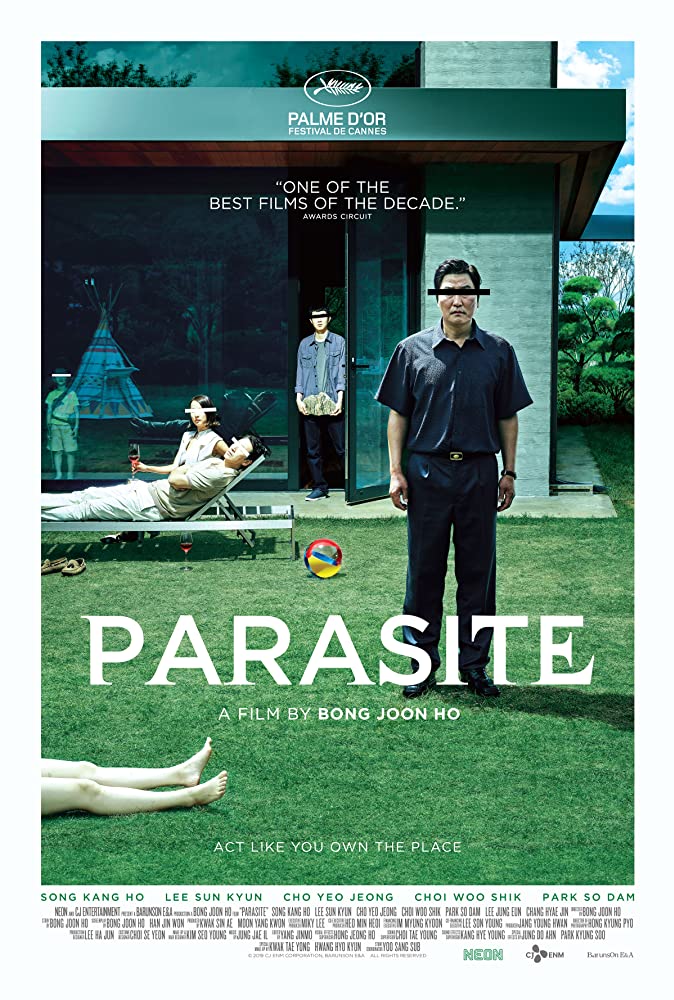|
Hello, everyone, and welcome back to The Friendly Film Fan! We’ll be getting back on the 2020 review circuit soon, but this is an important week in film history; in fact, it’s arguably the most important week of every year. This is Oscar week, and as mentioned before on this blog, I love the Oscars, so get ready for a whole lot of Oscar-related content this week because that is just what I feel like doing at this particular time. (Don’t worry, though, I promise the 2020 review circuit is coming back as soon as it’s over.) Now, let’s get on to our first piece of the week, and as you can tell by the title, it’s a big one; here is my definitive ranking of all nine 2020 Academy Awards Best Picture Nominees! 9. Joker Joker is hardly as bad as its detractors insist it is and not nearly as good as its worshippers wish it was, but for all the controversy surrounding the film, the most surprising thing about it is that (apart the lead performance and some technical elements) it’s just not that memorable. It’s not particularly deep or interesting, it doesn’t say anything other movies haven’t said in far more effective ways, it’s very easily pulled apart by its threads, and the whole thing feels like it’s playing at being deep while standing in shallow waters. Again, the film’s not exactly bad (and not nearly as upsetting as last year’s Best Picture winner), but it’s not great either, and it is by far the most overrated of all of this year’s nominees, claiming this and 10 other spots for 11 nominations total, the most of any movie from 2019. 8. Jojo Rabbit This is probably the most audience friendly of Best Picture contenders this year, as evidenced by its audience award win at TIFF and its favor from critics and audiences alike (plus the Academy clearly loves it). Unfortunately, the whole thing has somewhat of an air of un-remarkability hanging over it like a cloud. We’ve seen better satires, we’ve seen better movies about the Jewish element of the Holocaust, and we’ve seen better WWII comedies that also played at being irreverent and silly much of the time. It’s not that Taika Waititi’s anti-hate satire is in any way bad, and it’s certainly not as weak thematically as something like Joker, but it never really rises above being exactly what it is. For some people, that’s totally okay, but for a Best Picture winner, a stronger foothold is required. 7. 1917 This is very quickly becoming the most overrated of the genuinely great Best Picture nominees, but that’s not for no reason. Sam Mendes’ WWI epic (told entirely in one shot by the master Roger Deakins) is a deeply immersive technical masterpiece that should be admired for all the work put into simply crafting it in the first place; however, it does sort of feel emotionally empty at the end of the day. There’s nothing particularly unfair about the miniscule character development or lack of more showy performance moments during its two hour runtime, but walking out of the theater, the only feeling I had was that I had just watched a pretty great WWI movie, and that was it (though its technical elements are nonetheless impressive upon re-watching it). 1917’s status as a Best Picture frontrunner is hardly surprising, considering it was one of the last to enter the race and thus has had less time to fall out the public consciousness, but it still feels like the more traditional, safer choice in a year chock full of films that dared to go deeper, and ended up feeling more meaningful as a result. 6. Once Upon a Time…in Hollywood Once Upon a Time…in Hollywood has come along at sort of a strange point in Quentin Tarantino’s career. He’s had better films, to be sure, but none have felt so personally distinct to his vision as this one, nor so closely tied to what he and many others probably wish could have been in terms of how life ultimately played out. Yet, even though Hollywood loves movies about Hollywood, the only meaningful Best Picture equivalent Tarantino’s love letter a more innocent Los Angeles has received was that of the Critics’ Choice Awards, despite its huge crop of nominations in almost every ceremony in which it could have participated. To say this is unusual might be a bit of an overstatement, but it nonetheless feels unusual because, in any slightly weaker year, Once Upon a Time…in Hollywood would be cleaning up at almost all of the awards season ceremonies. It’s a genuinely great movie that seems to come from a place of true sincerity in Tarantino’s heart, allowing the town he loves to experience and absorb a catharsis in both its execution and its ending that reality denied. There has never been anything more pure in one of Tarantino’s films than giving Sharon Tate a sort of posthumous normal life (well, as normal as she could have had, being a major movie star and all), and kicking the Mansons’ teeth in for good measure. Whatever the case, even though this movie is increasingly unlikely to win Best Picture, its legacy (I think) will only improve with time. 5. The Irishman I switch positions on my number 4 and number 5 spots quite frequently when thinking about them as movies, considering how great they both are, but when viewing them as representational of a thematic idea (which is what Best Picture should be), or as glimpses into the times in which they came to fruition, as time capsules future generations can see as speaking to the current moment, Martin Scorsese’s 3-and-a-half hour epic seems the better film for that idea, which also would make it more likely to win in a less competitive year. The dying of the old guard is hardly a new thematic concept, but to take that old guard and definitively reject it by stripping it of its former glory and leaving dejected and alone is something altogether brave of a film to do, and so does Scorsese not just to the old gangster lifestyles and luxuries some of his best movies once depicted, but to his movies themselves. Scorsese births an anti-mob tragedy from the ashes of what Goodfellas and Casino brought to the world, and the care with which he gently lays to rest even the most villainous of impulses is a fascinating study. And it’s all done in one of the best written, most entertaining, thoughtful, well-performed, and wonderfully directed films of all of 2019. Maybe it’s not Scorsese’s best ever, but it’s certainly his best in quite some time, and when you’re talking about Martin Scorsese, who directed such films as Silence, Hugo, The Wolf of Wall Street, and The Departed, that means it’s practically a masterwork. 4. Marriage Story Marriage Story is much more of a performance vehicle than it is any sort of sprawling epic or thematic masterwork, but what it lacks in grandiosity, it more than atones for in intimacy, as we are put so uncomfortably close to its characters’ emotional fluctuation that at times it seems as though this is a private thing we shouldn’t be watching at all. So powerful and honest are the performances of Adam Driver and Scarlett Johansson as the central couple, and so raw is Noah Baumbach’s brilliant screenplay, that we, the audience, are made heartbroken by the ugliness the divorce process both brings out of and forces upon them. They are not just heroes in their own stories, they are villains in each other’s, and who one ends up “siding” with all depends on the scene and the context one has (even in one’s own life) to interpret each scene, which means to us, each of them is both and neither at different points in the story. There are no easy answers, if there are answers at all, and the closest we can come to peace is when the two are apart, which is exactly the opposite of what an audience is traditionally meant to root for in a story like this; the closest we come to relief is when the process is finally over, and we see the people outside the courtroom and the process and away from the lawyers – we see the human beings for the first time since the film’s beginning. This is a deeply layered film that refuses to cast full blame or acclaim to either side at any point in its runtime except when it chooses to finally let the characters rest, and that’s what makes it not just one of the richest to experience and hardest to re-watch, but one of the best films of 2019. 3. Ford v Ferrari If we were to speak purely in terms of what’s most likely to win the big award come Oscar night, this brilliant, purely entertaining look at one of the most iconic racing rivalries of all time leading up to the 24 Hours of Le Mans auto race in 1966 would come in dead last, behind any and all competition it faces, though it certainly deserves a lot more of a chance than it has. James Mangold has been churning out hits for more than a few years now, and almost every time, they seem to come up just short of exactly where they need to be at exactly the time they need to be there; the closest the director has come to touching Oscar gold since Walk the Line was in the Adapted Screenplay category for his X-Men masterpiece, Logan, at the Oscars two years ago, and even that had no shot at winning its category. Yet, for all he lacks in timing, Mangold always delivers in execution, and Ford v Ferrari is by far his most thrilling yet. The performances, sound design, score, cinematography, production design, and direction are all working in such perfect harmony, it’s no wonder some of them didn’t rise to the top – they’re too invisibly seamed with all the other elements of the film. Ford v Ferrari may be the least likely to win Best Picture, and one of the most overlooked films by the Academy on the whole, but there is no doubt that, like Ken Miles at Le Mans, it deserves to be in this race. 2. Little Women No two ways about it, Little Women is easily the best English-language movie of 2019 and then some. The only film on this list apart from #1 that can truly call itself an out-and-out masterpiece, Greta Gerwig’s adaptation of the iconic Louisa May Alcott novel does for its source material what Francis Ford Coppola’s The Godfather did for Mario Puzo and his book, turning what is essentially a relatively straightforward, but ultimately difficult story to translate into a sprawling epic, complete with time jumps that feel straight out of the second Godfather film (though much more plain) in the way they communicate whole sections of the story and what time they’re meant to take place by sheer lighting and camera work alone. Every performance in this movie is so good, one can almost be forgiven for forgetting that Chris Cooper and Bob Odenkirk both play significant characters, and the way Gerwig endears us to every aspect of feminine life both in past and present (well, the story’s present), pulling all of them apart to show us the heart of each of our four marvelous main characters, is a magic trick all its own. This film is cast, composed, edited, shot, performed, written, and directed so well, one could almost think it’s genuinely perfect (though I contend two other films from 2019 – neither in the English language – actually own that title), and I will fight no one who claims that it is. Greta Gerwig should have been nominated for Best Director at the Oscars this year, and the fact that even her Best Adapted Screenplay Oscar is at risk of being stolen by a lesser dark horse candidate (Jojo Rabbit) is disheartening to say the least. (I’m still pulling for her, though.) 1. Parasite Not only is this by far the best film in this crop of Best Picture nominees, it’s the best movie of 2019, full stop. What director Bong Joon Ho accomplished with his twisted tale of class divisions and overwrought ambitions is nothing short of magnificent. The whole endeavor works like a Swiss watch, so precise that you barely even notice that (like the Kim family at its center) one false move could spell disaster and send everything cascading into unbelievability. And yet, not one single camera move, shot, edit, block, design element, or performance feels in any way out of place; considering the turns this movie takes, shifting between genres left and right, it’s an outright miracle that not one of them feels imperfectly placed or uniquely calibrated just so to fit exactly where it does. Everything about Parasite works. Everything in Parasite is paid off. There is not one emotional thread, narrative thru-line, or thematic concept that isn’t explored to its absolute fullest potential, and there is not one single moment that doesn’t explore all three, often at the same time. Parasite is not just a masterpiece, it is the great masterpiece of 2019, and more than any other movie on this list, it genuinely deserves to be crowned the Best Picture of the year. So, what do you think of this ranking? How would you rank this year’s Best Picture contenders? Let me know in the comments section below. Thanks for reading, and be sure to stay tuned for my Final 2020 Oscars Predictions, coming soon!
- The Friendly Film Fan
0 Comments
Leave a Reply. |
AuthorFilm critic in my free time. Film enthusiast in my down time. Categories
All
|
